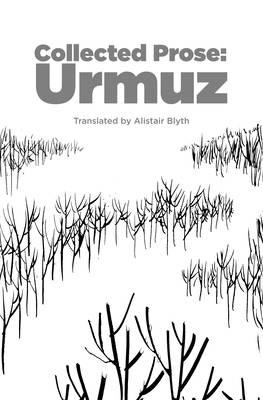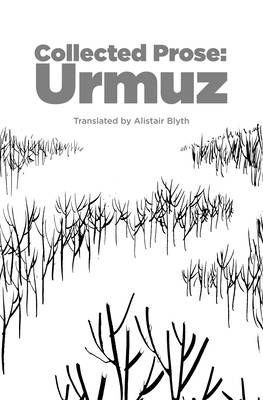
- Afhalen na 1 uur in een winkel met voorraad
- Gratis thuislevering in België vanaf € 30
- Ruim aanbod met 7 miljoen producten
- Afhalen na 1 uur in een winkel met voorraad
- Gratis thuislevering in België vanaf € 30
- Ruim aanbod met 7 miljoen producten
Zoeken
Omschrijving
Urmuz's work has been claimed as a forerunner of Dada, and of Surrealism as well, and shows again the sharp sense of the vitality of the avant-garde amongst Romanian practitioners.
Specificaties
Betrokkenen
- Auteur(s):
- Vertaler(s):
- Uitgeverij:
Inhoud
- Aantal bladzijden:
- 90
- Reeks:
Eigenschappen
- Productcode (EAN):
- 9781628973709
- Verschijningsdatum:
- 18/01/2024
- Uitvoering:
- Paperback
- Afmetingen:
- 140 mm x 216 mm

Alleen bij Standaard Boekhandel
+ 27 punten op je klantenkaart van Standaard Boekhandel
Beoordelingen
We publiceren alleen reviews die voldoen aan de voorwaarden voor reviews. Bekijk onze voorwaarden voor reviews.







